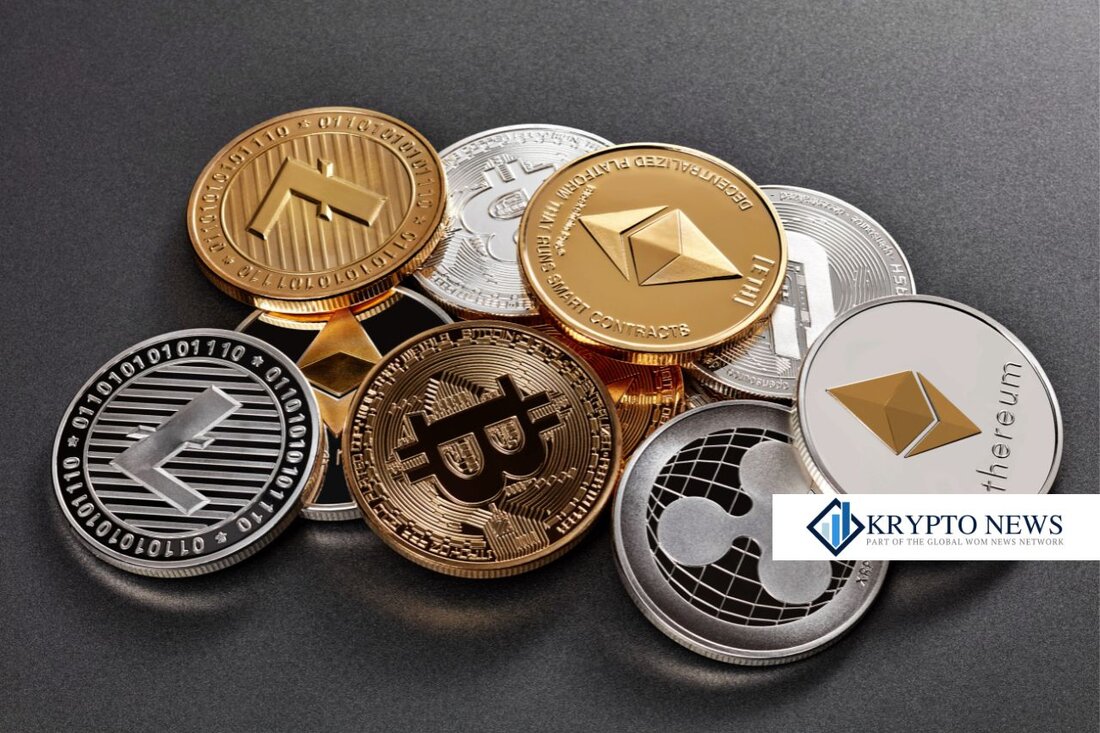Ripple: A possible pioneer for direct access to central banks and StableCoin services in the digital asset sector
Ripple: A potential future in Banking Ripple, the company behind the cryptocurrency XRP, has the potential to establish itself as a central leveling level in finance. With direct access to central banks, Ripple could offer innovative solutions for the management of digital assets and the issue of stable coins. A major advantage of Ripple would be the possibility to pay payment ...

Ripple: A possible pioneer for direct access to central banks and StableCoin services in the digital asset sector
ripple: a potential future in banking
ripple, the company behind the cryptocurrency XRP, has the potential to establish itself as a central settlement level in finance. With direct access to central banks, Ripple could offer innovative solutions for the management of digital assets and the issue of stable coins.
An important advantage of ripple would be the possibility of optimizing payment transactions between banks and financial institutions. By integrating XRP into the bank infrastructure, transactions could be handled faster and more cost -efficient. Ripple's technology promises high speed and security when transmitting values.
In addition, Ripple could play an important role in the increasingly digitized financial market by providing comprehensive services for digital assets. The developments in cryptocurrency and electronic payment methods require innovative approaches that Ripple can offer with its infrastructure.
Overall, Ripple positions himself as a company in the banking sector and could take a key role in the future of digital payment transactions through the direct connection to central banks and access to new financial services.

 Suche
Suche
 Mein Konto
Mein Konto
